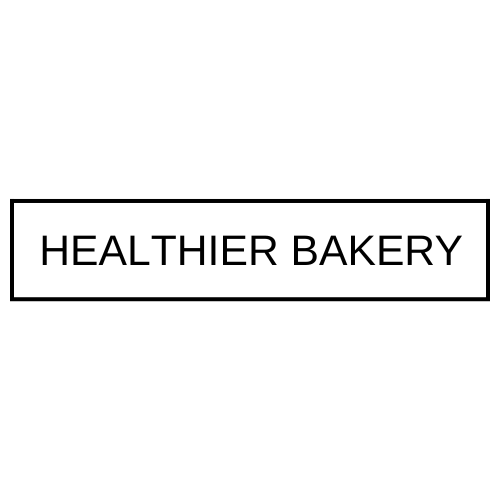Protein as an important part of our life.
People hear the word Protein and they immediately link it to gym junkies, athletes
and bodybuilders, and so they assume that it’s not important in their everyday diet.
The reality is, all of us need protein, it just varies depending on your weight, gender,
age and health.
What is protein though? Let’s break it down:
Protein actually comes from the Greek word “proteios” which means “primary”. Now, our body is approximately 18-20% protein and basically, without it, no life could exist.Therefore, protein, comes first.
The reason why is because protein consists of chemical “building blocks” called
amino acids. Imagine that your body is a building under construction, and it needs
protein to build muscles and bones, repair them and then work properly.
Amino acids are also responsible for the body’s cells, tissues and organs. They are
the ones responsible for creating enzymes and hormones as well as it is a very vital
source of energy. For example, protein helps you heal faster during an injury as it
works as your own personal builder that lives inside you body.
Studies also suggest that as we get older, the more protein we eat, the less risk we
have on muscle loss and other related problems that comes with aging such as
sarcopenia.
Want more good news? Adding more protein into our diet, helps to regulate our
appetite and at the same time it helps managing our weight.
Here are two fun facts you probably didn’t know: Haemoglobin, which is a carrier of
oxygen in the blood, is in fact, protein! And, Keratin that helps to strengthen our hair and nails, is a structural protein!
Understanding Protein.
It’s a fact that having a protein-rich diet can be beneficial not only because it’s an
essential part of our health, but because building muscle can help people lose weight
and avoid excessive eating.
That’s the great thing about protein, it retains muscle whilst at the same time, it burns
fat. If you have a high-protein diet, and by adding exercise into the mix, you can build
lean muscle which helps burn more calories during the day.
There are about three main types of protein:
Complete proteins: includes foods such as meat, dairy and eggs that have
all the essential amino acids.
Incomplete proteins: Foods that lack protein balance because they contain
up to one essential amino acid. These are plant foods such as peas, beans
and grains.
Complementary proteins: Foods with incomplete proteins that people can
combine two or more foods to balance protein. Some examples are rice with
beans or bread with peanut butter.
However, protein can’t be all stored in our body as the body excretes any excess.
Therefore, the best way of meeting the right protein requirements, is to include small portions into your every meal.
Dieticians recommend for most people, a daily dose of around 0.8 – 1g of protein per 1kg of their body weight. For endurance athletes, it’s recommended 1.2 – 1.6g while for weightlifters and strength athletes 1.4 – 2g of protein.

